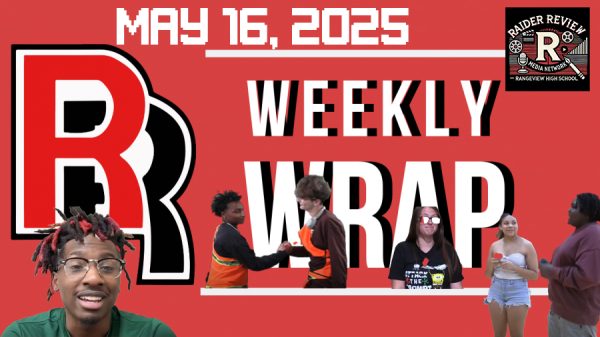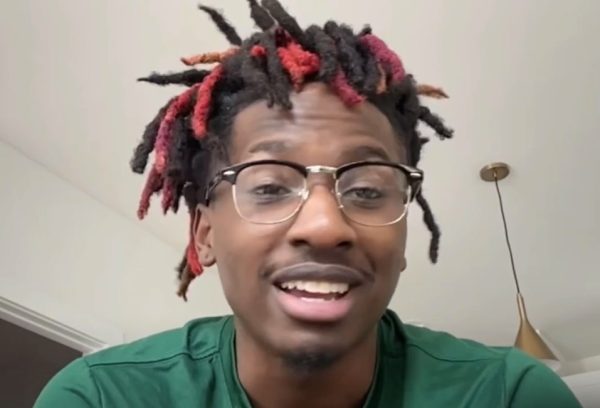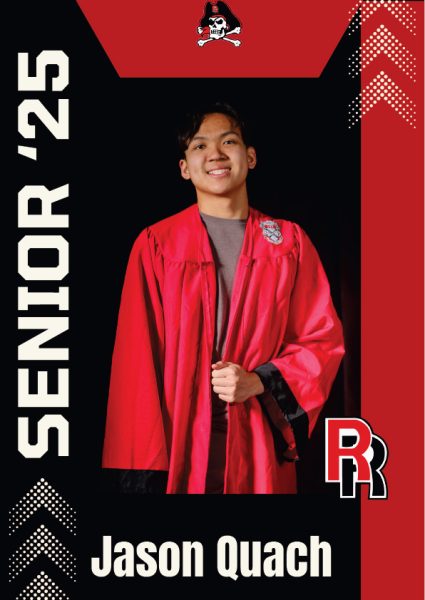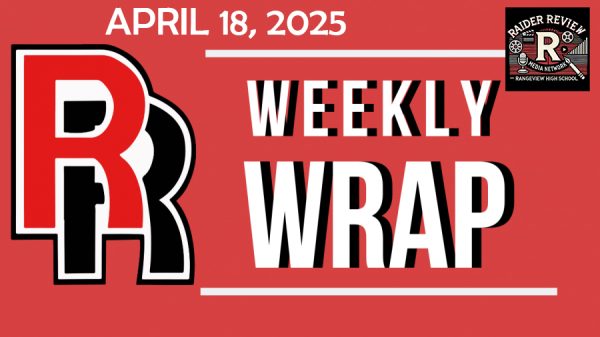Empathy in Media

The Game of Thrones series finale aired in May of 2019. A lot of people had plenty of things to say about it, and not all of them are commending the perceived well written ending. (HBO)
February 21, 2020
Everyone remembers the complete outrage that was the series finale of Game of Thrones. It was a daring show which got the audience invested in characters, but didn’t have any remorse into killing them off, meaning that whatever stories the character brought was ended and whatever impact their death brought was only connected to those characters who knew them.
But that wasn’t just the reason why people were angry. People like shows that care about its audience. It’s not favorable that a good and lovable character is killed off; it feels hollow and it’s hard to fill the space with another good dynamic. In the Game of Thrones’ case, it was the uncharacteristic actions and the poor decisions that left many fans with — quite frankly — a bitter taste in their mouth.
“If a lot of people care for a certain type of media, it has the potential to improve its quality,” Junior Sean Ryland-Winter said. “Though if a certain type of person likes a type of media, it can decrease in quality too.”
Most times writers for major shows write something that gets a shock out of the audience, with no depth to the story. It can be surprising that the writers decided to include a “plot twist”, but in reality, it has no pay off to the story. It feels cheap, knowing that the characters we’re invested in are in a pit of despair, or in an unfavorable place.
It’s on the writer’s part in having empathy for their characters or the audience in general. Production for stories generally comes months before the actual release of the content if there is a big team. Multiple people work to make sure that the content they create is in a quality condition before the release.
By definition, there are many people who review and are supposed to make sure that the story seems fitting, satisfying, and easy to follow. It’s the empathy that drives the characters who are influenced by the world, drive the plot forward, and in turn what they do in the plot affects the world in this cycle of influence the world -> characters -> plot and back to the world+1. When the characters achieve a long earned success, the audience feels that catharsis along with them.

“It’s a good thing that people are seeing themselves in the media” Junior Kat White said, “And it allows more people to be empathetic towards social issues by having creators make more content relating to the audience and what they deal with.”
That’s not the only thing wrong with the amount of empathy put into the media though. The people who consume the media are generally reflected in how they act as people. People say that the media has no influence on their life, but in reality, the media they consume normalize what they think is normal.
For instance, any adult cartoon shows tend to use vulgar and offensive jokes that critics can in turn say that they are daring to use those jokes and that they “…don’t make jokes like these anymore”. For many people, it can kill empathy for those who are the butt of the joke. The show paints those being made fun of as whiny little brats — that they won’t hike up their big boy pants and deal with the berating.
There is an entire controversy page for the show Family Guy. Just one show.
“Family Guy contains, on average, 5.20 jokes a minute. With that gag-rate, none of them hang around for long enough for you to consider just how unfunny they were,” Article of the author’s feelings, admitting that Family Guy is a bad show to himself on Vice. “And when that doesn’t work, they go the other way and drag a joke out for so long you feel you have to laugh just to make it stop.”
The lack of empathy comes from the audience too, under the guise of half baked criticisms that this character did something out of character, or this portrayal was accidentally promoting something massively offensive.
They say that the creator is the harshest critic, and while that may be true, then the audience is the most loud about it. There may be one point in your time that you responded to a piece of media with more harshness than was necessary. It isn’t a specific callout but, at one point, no one was spared of being that one guy where you tear something apart because the wrath felt good at the time.
This isn’t a cry to stop watching shows all together — far from it. It’s taking note of how much empathy plays in the role of mass media. As much as people feel as though they are not heard as their favorite characters are in the hands of an unmerciful creator, there are times where the input just needs to be said a little more politely and concisely.
Good, constructive criticism. All it takes is just a little bit of empathy from both the audience and creator to make a story great.











